Are you a Matcha seller? Join as a Vendor
Son La is a mountainous province in Northwest Vietnam where matcha grows at elevations up to 1,800 meters, producing teas with natural sweetness and rich flavor.
There are no results matching your search
There are no results matching your search Reset filters?
Son La Province is located in the mountainous northwest region of Vietnam, covering an area of approximately 14,000 square kilometers. The region’s elevation ranges from 100 to 2,900 meters above sea level, creating a unique climate ideal for tea cultivation. With hot, rainy summers averaging 27.4°C and cool, dry winters dropping to 14.4°C, Son La offers diverse conditions that influence the flavor and quality of its matcha tea. The province produces around 6,500 tonnes of tea annually, primarily from the districts of Moc Chau, Van Ho, and Thuan Chau.
The mountainous terrain and climate play a crucial role in the development of tea plants. Annual rainfall averages 1,400 mm, mostly concentrated between April and September, which supports healthy growth during the wet season. The cool dry season from October to March slows the growth of tea leaves, allowing them to accumulate higher levels of amino acids and antioxidants, which contribute to the rich umami flavor characteristic of high-quality matcha. However, about 80% of the arable land is on slopes steeper than 15 degrees, posing challenges for cultivation but also enhancing drainage and soil quality.
Local tea companies such as Moc Chau Tea Company and Thu Dan Tea Company focus on producing black, green, and Oolong teas for export. Thu Dan Tea Company manages 350 hectares and collaborates with 400 smallholder farmers, producing approximately 300 tonnes annually. Their entire output is exported to markets in Taiwan, Japan, and the Middle East. Farmers are increasingly adopting organic practices, shifting to a 70-30 ratio of organic to synthetic fertilizers. Many producers have obtained VietGAP certification and use integrated pest management techniques. Some teas are traceable via QR codes, ensuring quality and transparency. The Shan Tuyet variety, grown mainly in Moc Chau, is highly valued for its flavor, which is enhanced by the high-altitude terroir.
Steep slopes increase the risk of soil erosion, which farmers mitigate through agroforestry and conservation efforts. The acidic soils require careful management, especially when converting former maize fields into tea plantations. Labor shortages can affect harvest timing and the adoption of sustainable practices. Despite these challenges, Son La benefits from its proximity to Hanoi, just 4 to 8 hours by road, providing better market access than more remote regions. Provincial programs support cooperative development and organic agriculture transitions, helping farmers meet export standards while preserving the unique mountainous environment that gives Son La matcha its distinctive quality.
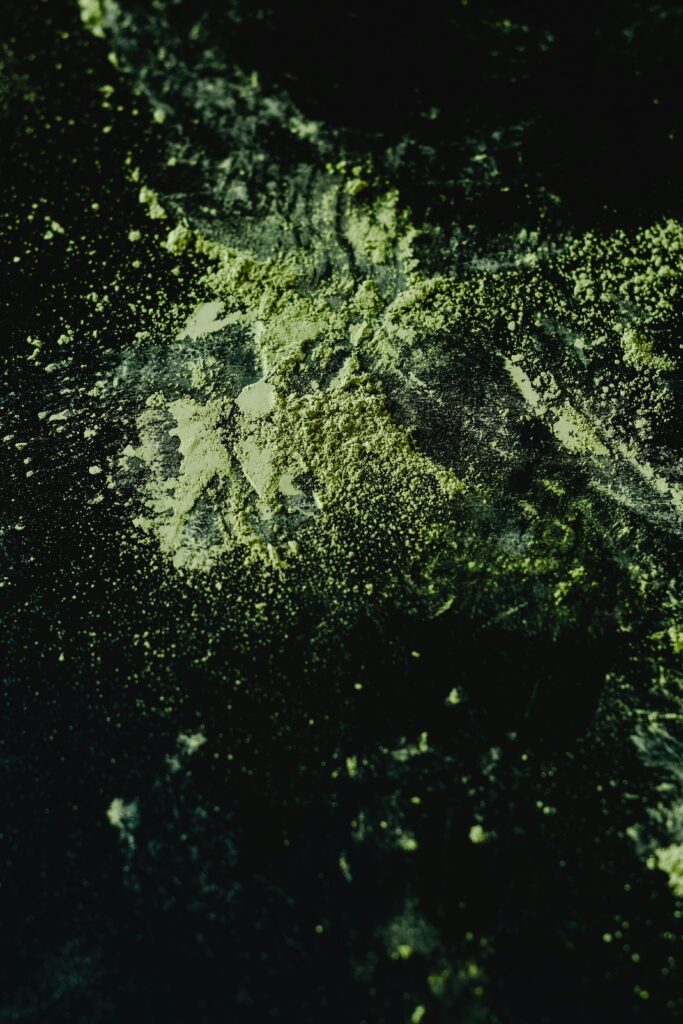
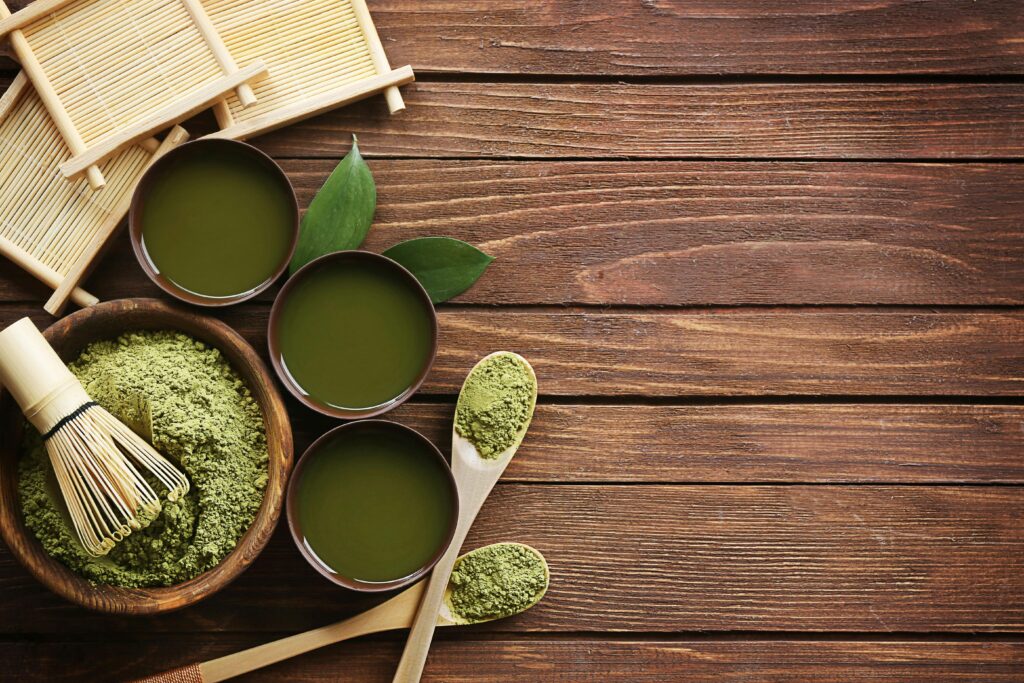
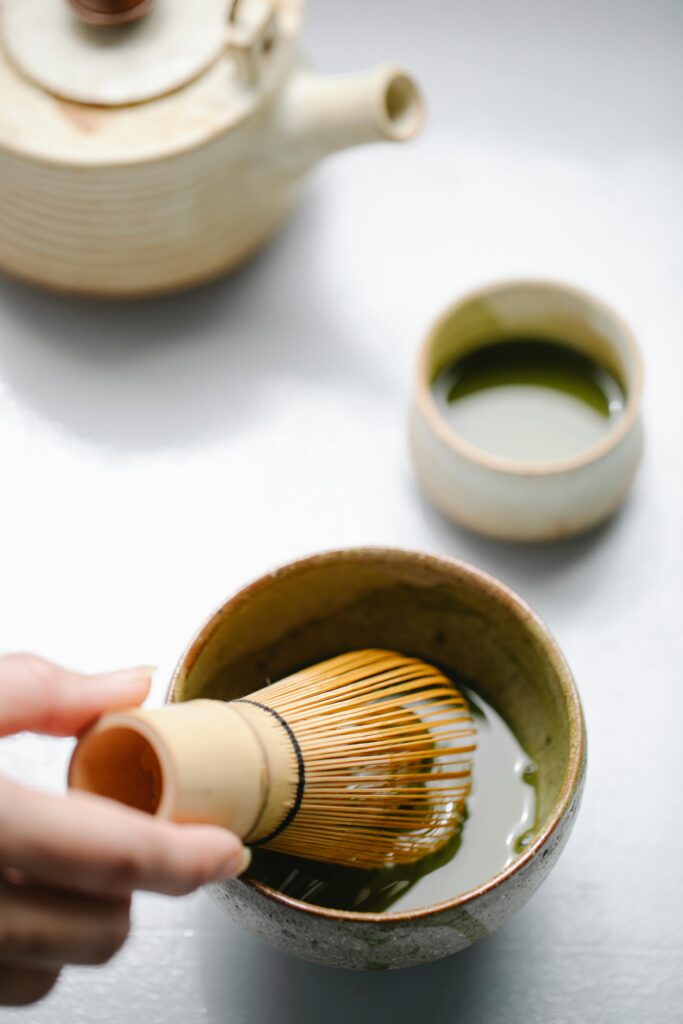
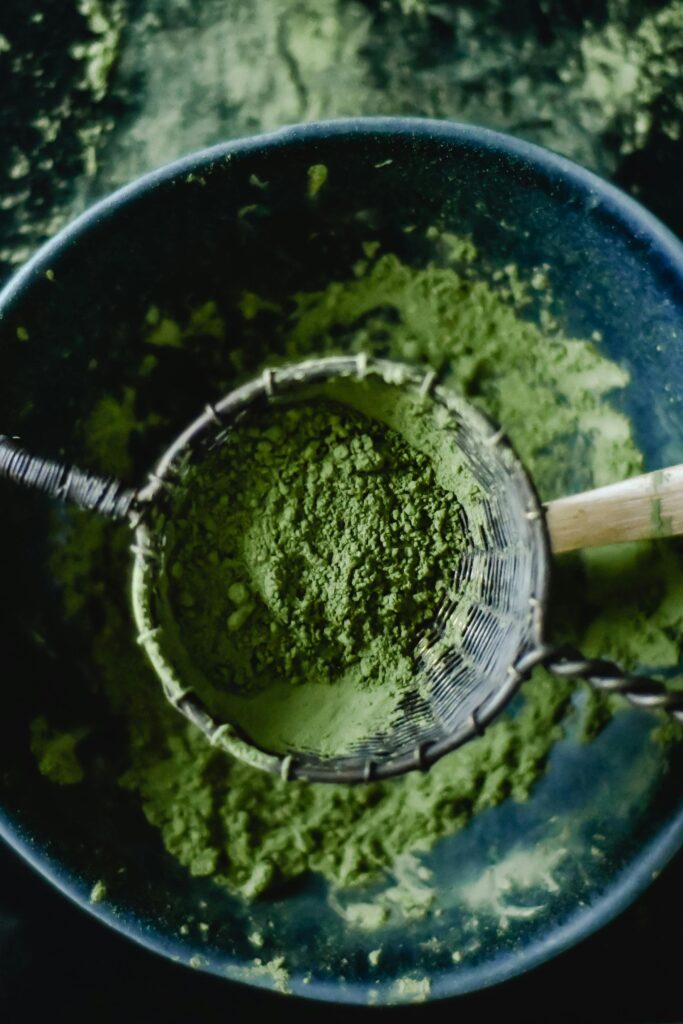
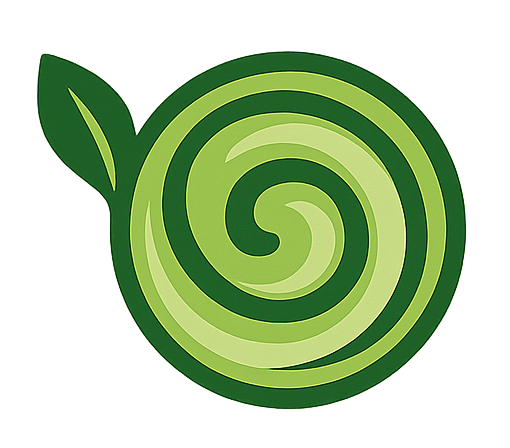
Join our mailing list to receive updates and exclusive tips.
There are no results matching your search